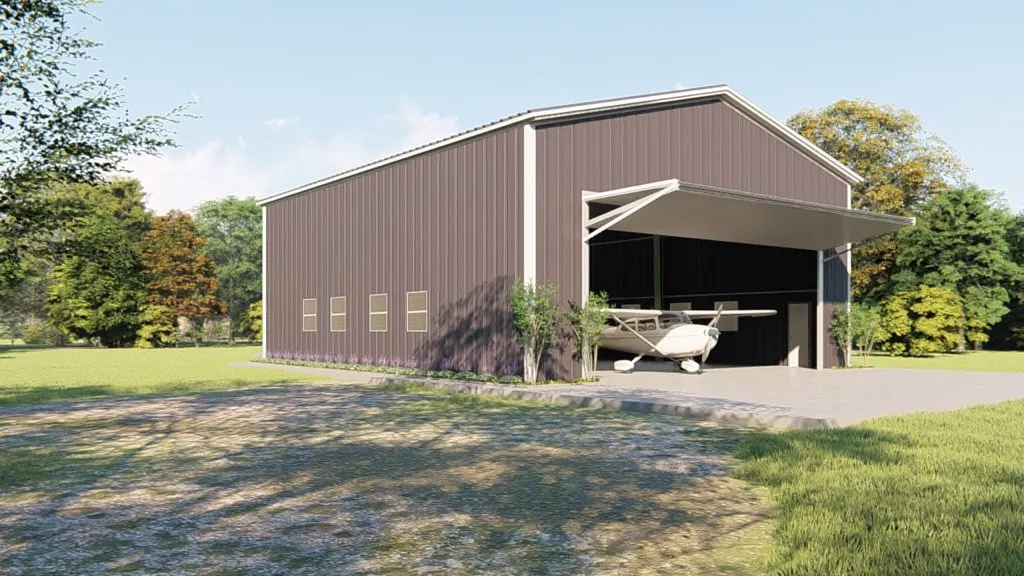- Afrikaans
- Albanian
- Amharic
- Arabic
- Armenian
- Azerbaijani
- Basque
- Belarusian
- Bengali
- Bosnian
- Bulgarian
- Catalan
- Cebuano
- Corsican
- Croatian
- Czech
- Danish
- Dutch
- English
- Esperanto
- Estonian
- Finnish
- French
- Frisian
- Galician
- Georgian
- German
- Greek
- Gujarati
- Haitian Creole
- hausa
- hawaiian
- Hebrew
- Hindi
- Miao
- Hungarian
- Icelandic
- igbo
- Indonesian
- irish
- Italian
- Japanese
- Javanese
- Kannada
- kazakh
- Khmer
- Rwandese
- Korean
- Kurdish
- Kyrgyz
- Lao
- Latin
- Latvian
- Lithuanian
- Luxembourgish
- Macedonian
- Malgashi
- Malay
- Malayalam
- Maltese
- Maori
- Marathi
- Mongolian
- Myanmar
- Nepali
- Norwegian
- Norwegian
- Occitan
- Pashto
- Persian
- Polish
- Portuguese
- Punjabi
- Romanian
- Russian
- Samoan
- Scottish Gaelic
- Serbian
- Sesotho
- Shona
- Sindhi
- Sinhala
- Slovak
- Slovenian
- Somali
- Spanish
- Sundanese
- Swahili
- Swedish
- Tagalog
- Tajik
- Tamil
- Tatar
- Telugu
- Thai
- Turkish
- Turkmen
- Ukrainian
- Urdu
- Uighur
- Uzbek
- Vietnamese
- Welsh
- Bantu
- Yiddish
- Yoruba
- Zulu
Nov . 07, 2024 07:34 Back to list
Understanding the Cost of Steel Garages
In recent years, steel garages have gained immense popularity among homeowners seeking durable, economical, and versatile storage solutions. Whether for vehicles, tools, or recreational equipment, a steel garage can serve a multitude of purposes. However, when considering this investment, understanding the overall cost is crucial. In this article, we will explore the various factors that influence the cost of steel garages, so you can make an informed decision.
1. Material Quality
The quality of the steel used in garage construction is a significant factor affecting the overall cost. Higher-grade steel, which boasts better corrosion resistance and structural integrity, tends to be more expensive. Additionally, if you're opting for galvanized steel, which is treated to resist rust and weathering, this will also add to the upfront cost, but may save money in repairs and maintenance in the long run.
The size of the garage is another primary cost determinant. A smaller, single-car garage will naturally cost less than a larger, multi-car structure. Furthermore, the complexity of the design can also affect costs. Custom features such as extra doors, windows, or unique architectural designs will increase expenses. Therefore, before you begin your project, it’s essential to determine the right size and layout that suits your needs.
3. Site Preparation
Before constructing a steel garage, adequate site preparation is necessary. This may include clearing land, leveling the ground, or laying a foundation. Site preparation costs can vary depending on the landscape and the specific requirements of your garage. It’s advisable to budget for these preliminary expenses, as failing to prepare adequately can lead to increased costs down the line.
steel garage cost

4. Installation Costs
Depending on your skills and experience, you may choose to assemble the garage yourself or hire professionals for installation. While DIY installation can save money, it is crucial to consider the potential for errors that could result in higher costs later. Hiring trained professionals usually ensures a quicker and more reliable construction process, but be prepared to factor in labor costs, which can vary based on your location and the complexity of the installation.
5. Permits and Regulations
Before construction begins, you'll likely need to secure the necessary permits for your garage. Costs for permits can differ based on local regulations and compliance requirements. Failure to obtain the proper permissions can lead to fines or the need to make costly adjustments down the road.
6. Additional Features
Finally, consider any additional features you may want to incorporate into your steel garage. Options such as insulation, electrical wiring, heating, or ventilation systems can significantly impact the cost. While these features add convenience and comfort, assessing their necessity based on your specific circumstances is essential.
Conclusion
In summary, investing in a steel garage entails considering several cost factors, including material quality, size, site preparation, installation, permits, and additional features. By carefully evaluating these elements, you can arrive at a budget that aligns with your financial plan while ensuring that you get the most value for your investment. A steel garage is not only a practical addition to your property but can also enhance its value, making it a worthwhile investment for many homeowners.
-
How Do Prefabricated Steel Structures Transform Modern Construction?
NewsJul.14,2025
-
How Do Prefabricated Metal Buildings Redefine Modern Construction?
NewsJul.14,2025
-
How Do Prefab Insulated Metal Buildings and Steel Structures Revolutionize Modern Construction?
NewsJul.14,2025
-
How Do Pre - Engineered Steel Structures Redefine Modern Construction?
NewsJul.14,2025
-
Advancing Modular Construction with Prefabricated Metal Structures
NewsJul.14,2025
-
Advancing Industrial Infrastructure with Prefabricated Steel Solutions
NewsJul.14,2025
Products categories
Our Latest News
We have a professional design team and an excellent production and construction team.












